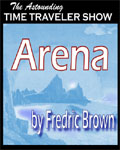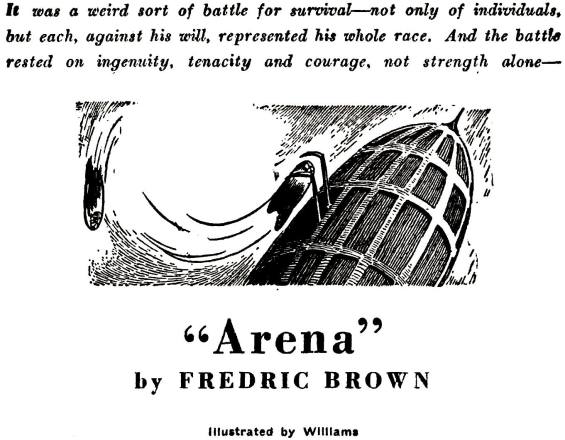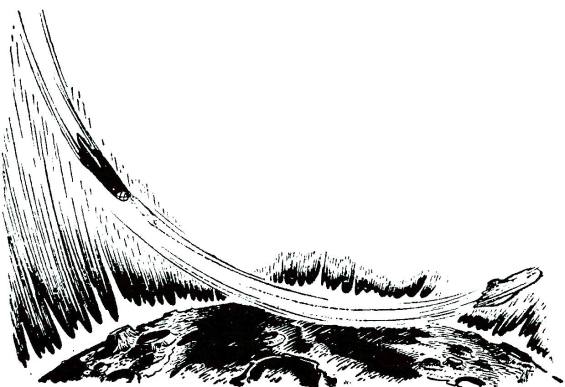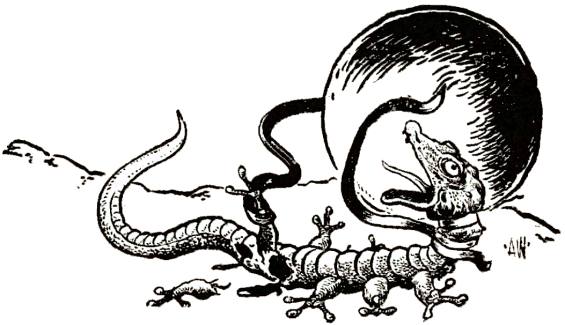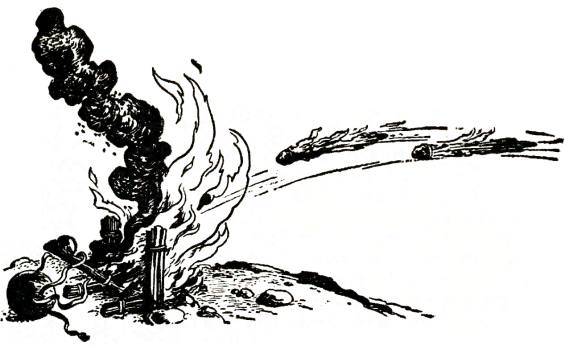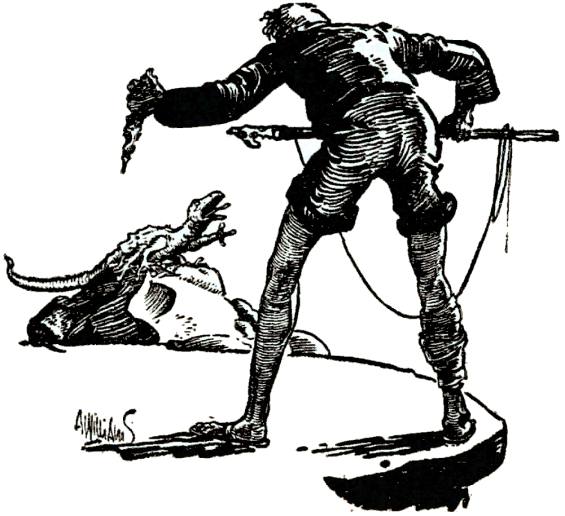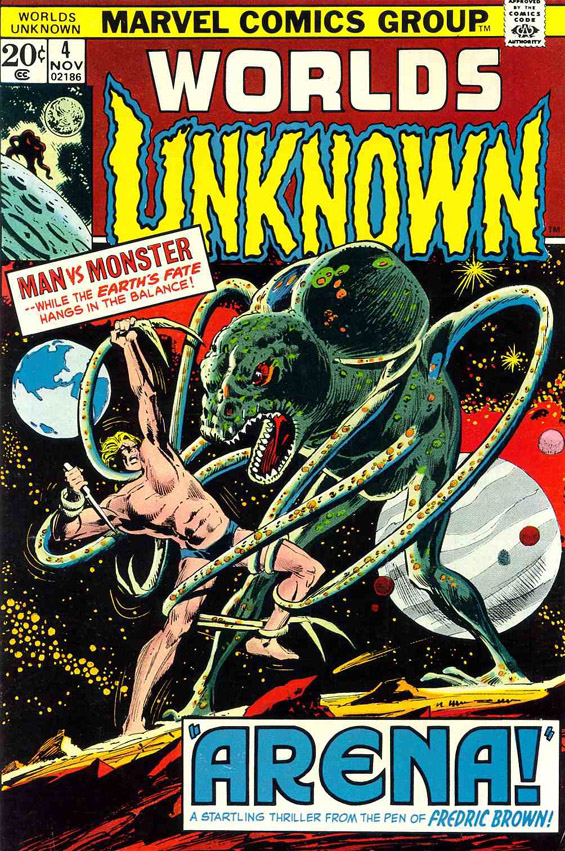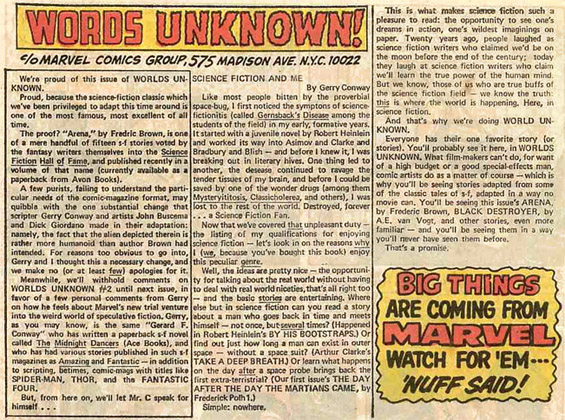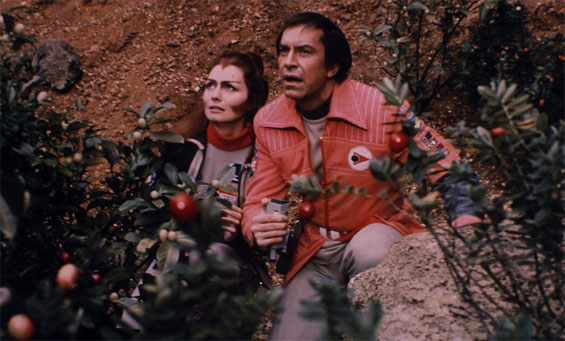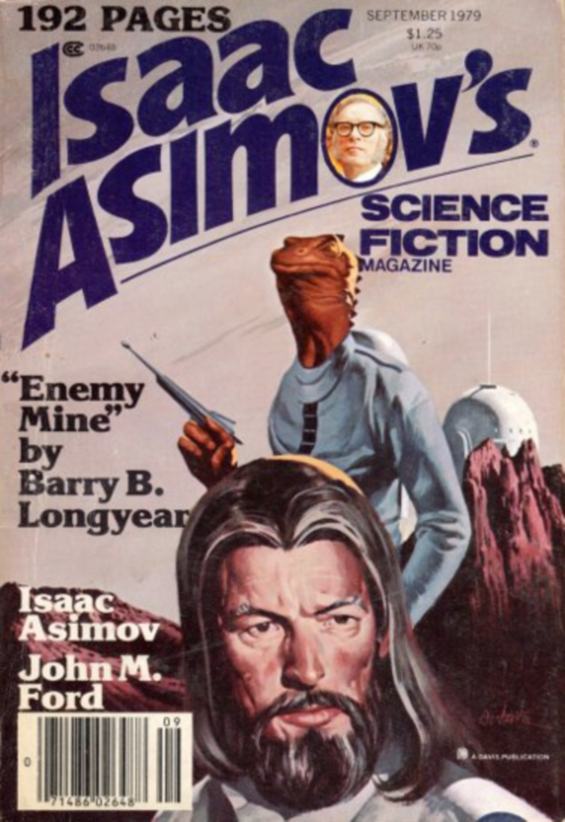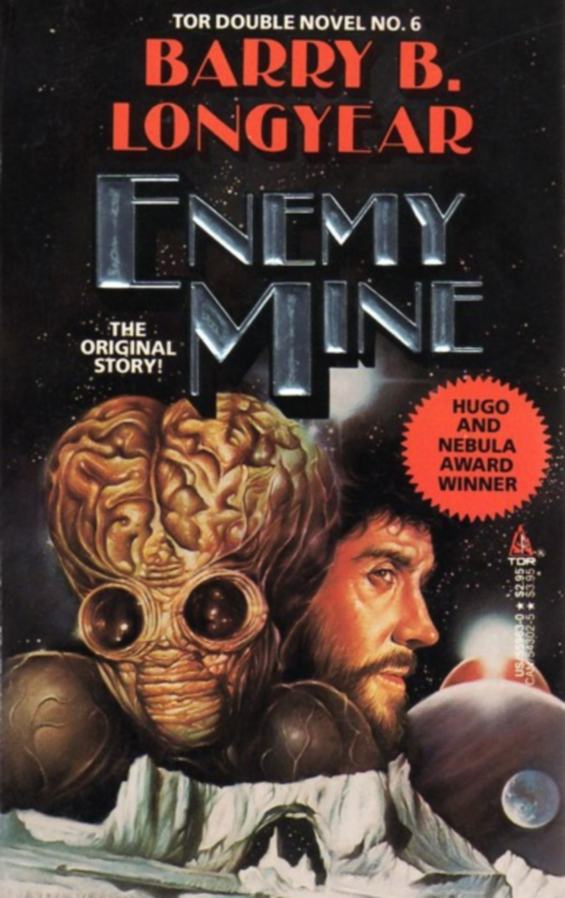

 The SFFaudio Podcast #422 -Jesse, Scott Danielson, Paul Weimer, and Marissa talk about The Running Man by Stephen King and The Prize Of Peril by Robert Sheckley
The SFFaudio Podcast #422 -Jesse, Scott Danielson, Paul Weimer, and Marissa talk about The Running Man by Stephen King and The Prize Of Peril by Robert Sheckley
Talked about today’s show:
What’s wrong with society?, Harlan Ellison talking about Stephen King and Robert Sheckley, so eloquent, dismissing Stephen King, The Long Walk, one of the best science fiction books of the 1980s, at the heart of it, the world, when King was hungry and angry, the introduction, giving it away, a pretty extravagant and great ending, he’s old and angry on Twitter now, he talks good, a distant anger, his attiotufe is what makes the book, The Prize Of Peril is a joke, Das Millionenspiel (1970), the Schwarzenegger, turning anger into a farce action comedy, not even a satire, so much hate, shocking lines, smash her and rape her, when King was very poor, Rage, uncomfortable, connections to actual school shootings, bizarre tie between fiction and action, I’m gonna come up to that floor and getcha, pulling books off the shelves, The Dead Zone, the Dead Zone TV show, the world fits this kind of character, psychological, Richard K. Morgan doesn’t write them this angry, Mr. Mercedes, Take The Money And Run, The Hunted, sticking it to the man, “the internet never forgets”, auto-pulldowns by robots, a disturbing show, Myke Cole, without the killing, so freaky, same ethics and motivation, poor people, Jimmy Dore, half of America is poor, Scott would dispute that, it seems high, American poor, healthcare, GoFundMe for healthcare, hoping to put my kids into college, Paul Bishop, everybody loses the money, Big Brother Canada, horror, becoming a homeless person for 30 days, distributing, why did I like this?, interviewing audience members, a War Of The Worlds-effect, cutting to the control room, former CIA, former FBI, former U.S. Marshall, former British intelligence, this isn’t stacked at all, economic incentive, the mother, the book readers are the heroes, The Prize Of Peril, Raeder = Reader, putting ourselves into this situation, the ultimate protagonist, Killian, stick close to your own people, mapping, May of 1958 (everybody’s doing great), real unemployment 24%, I work three jobs, clown for president, the 1970 movie existential interest in, Too Many Cooks, the sponsor of Das Millionenspiel is Stablelite, male enhancement, Stablelite = the stable elite, The Running Man (1987), tracking real-life trends, 1950s = isn’t this funny (a satire), Sheckley was a god in Europe, The Tenth Victim (adapted from Seventh Victim), an assassination game, keeping violence down, Black Mirror: White Bear, X-Minus One, about psychology, the death wish and the life wish, a suicide option, the voluntary suicide act, Prix De Danger, the Sheckley short story, “Hazard”, “Spills”, “Underwater Perils”, “Terroro”, why Marissa loves this podcast, if we go there…, CBC, CTV, remaking American shows, Canadian Idol, people wouldn’t accept, everything commercialized, even Netflix has this, poor loser helpless people, Fear Factor, you haven’t been poor and desperate enough, I’ll just shoot you then, part of the criticism, that feeling, this Stephen King book feels way more relevant today, air pollution, the media, Sam Harris, the attention economy, status, the environmental sub-plot, thinking about and talking about the environment, only for the lip readers, They Live (1988), a spiritual riff, desperately squeezing, the temptation to power motif, we could use you, a three year contract, standard for a network stalker, you do it to your own kind, Fantasy & Science Fiction, Eight O’Clock In The Morning by Ray Nelson, the trickle down economy, the network editing, agreeing on what real is, subtext, looking at SF causally, SF is reflective not predictive, framing, when a hospital gets bombed, Leonard Cohen, “I’m guided by the beauty of our weapons”, Brian Williams, how much in the context, humiliating interrogation by professionals, a Japanese game show, Trans-America Ultra Quiz, the look and the inspiration is from Japanese game show, The Hunger Games, what it’s all built from, ancient Rome, the tension, I have no idea what I’m supposed to feel, here’s this phenomenon, non-judgemental, the conclusion is not in the movie, you’re watching the host, through the host’s eyes, the Italian French Russian movie, Le Prix Du Danger (1983), surveillance cameras all over England, mailing in your tapes, at the homeless shelter, the meta-issue, Raeder is the first thing you see in the story, we become the Ben Richards, Richard Dawson, Harlan Ellison doesn’t give you his varnished opinion, The Pest, The Most Dangerous Game by Richard Connell, battle royale style, Battle Royale, PlayerUnknown’s Battlegrounds, even a frying pan, the war of all against all, Thomas Hobbes, Paul is tribute, first person shooters, so funny so dark, Tag: The Assassination Game, Gotcha! (1985), thinking about fake news, a cartoon for stupid people, so great and stop stupid, Dweezil Zappa, Mick Fleetwood, Stephen King movies are mostly horrible, 1408, The Storm Of The Century, The Shining, The Mist, “Whitman, Price, and Haddad”, basking under the Maui sun, the big lie, when a revolution becomes show business, he’s a game show host, ultimate reality show, Scott has checked out, Jesse Ventura and Arnold Schwarzenegger two future governors wrestling each other, wrestling as ballet for big guys, set in 2017, when Killian gets his ending, when the truth is known the people will revolt, no agreement on what the truth is, agreeing on what the facts are, brainwashing, it’s not all bottom down, ignorance at the bottom, the school system is broken, teaching civics, getting a good SAT score, good job vs. good citizens, bubbles, the “freeview”, greater than Ray Bradbury’s Fahrenheit 451 or The Veldt, subtlety in The Running Man movie, bread and circuses, healthcare too, vacation time, better education, grow our minds, some clean air (or water), automated manufacturing, technicians, robotics, what will society look like in 20 years?, an opportunity, truck driver, work through what it means, truck guard like Mad Max, the reason for pirates in Somalia, dignity, stepping on his own guts, a dignity in defiance, living with your mom in your 40s or 50s or 60s, food riots, nerve gas in the mid-east, protests did not work, a thin scythe, jellyfish slime, and he’s pimping out his wife, is anybody thinking about it, earlier industrial revolutions, a new Roosevelt with a new New Deal, analyzing art, buying literature written by A.I., kiosks and self checkouts, robots cooking the food, nursing the babies, all a prequel to Wall-E, the soft apocalypse, The Machine Stops, to feed their kid, medicine for the kid, people do that, that’s where the sex industry comes from, the power of a pseudonym, Thinner, Donald E. Westlake and Richard Stark, Kristine Kathryn Rusch, embarrassed about, 100% honest, admire them, The Long Walk, Misery, Steve Brown, 1985, real journalism, you can tell, one thing we know about writers is that they used to be readers, Ben Richards is really well read, fuck off and get me some books, a general atomics novel, book reviews, William Shakespeare, off center of Science Fiction, Stephen King is the gateway drug, The Dark Tower, The Gunslinger, Richard from Richard Stark, a Westlake novel about the pseudonym problem, The Hook, writer’s block, the hall of mirrors effect, King has a voice that is different than Koontz and Dick and Lovecraft, other Bachman books, Rage, Thinner, Misery, his biggest fan, writing the novel in the novel, meta, Roadwork, an interstellar bypass without the interstellar, The Bachman Books, Different Seasons, an official photo of Richard Bachman, Philip K. Dick, Four Past Midnight, The Langoliers, Kevin Kenerly was a terrific narrator, George Guidall, American Gods, damn good listen, damn good book, The Millions Game, after death beauty products, the Kling Klang knife company, a knife for killing your wife, Germany in the 70s was a very interesting place.
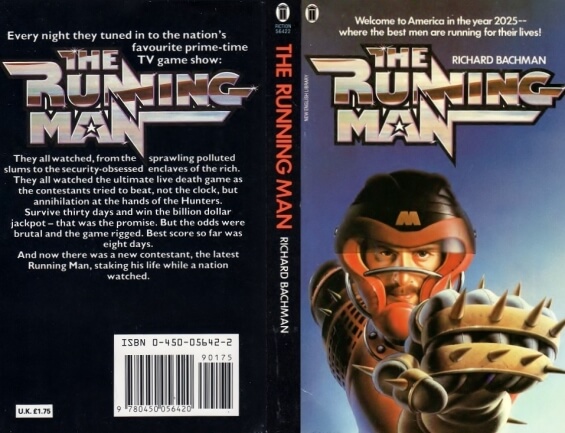
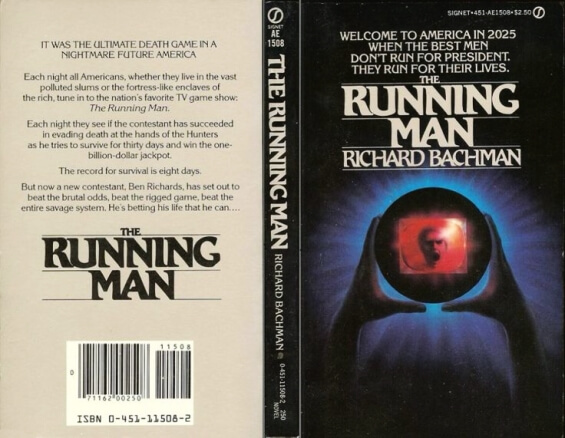
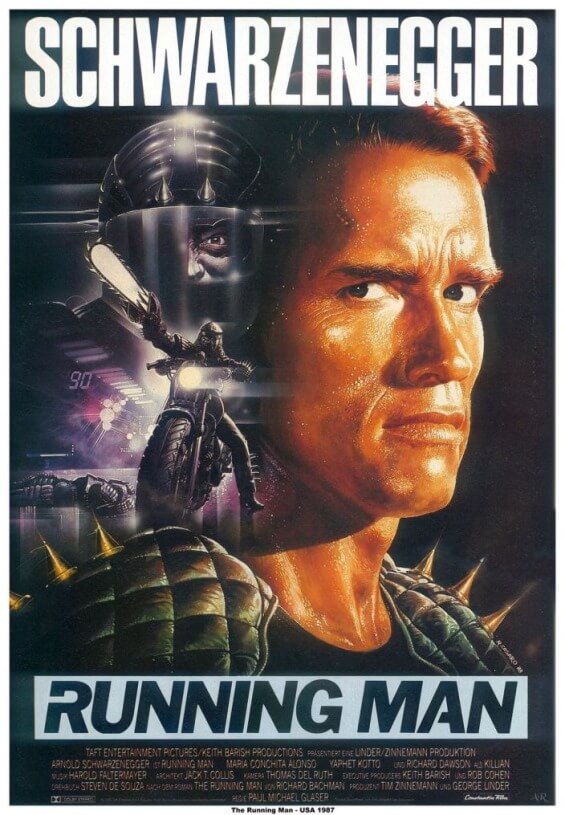
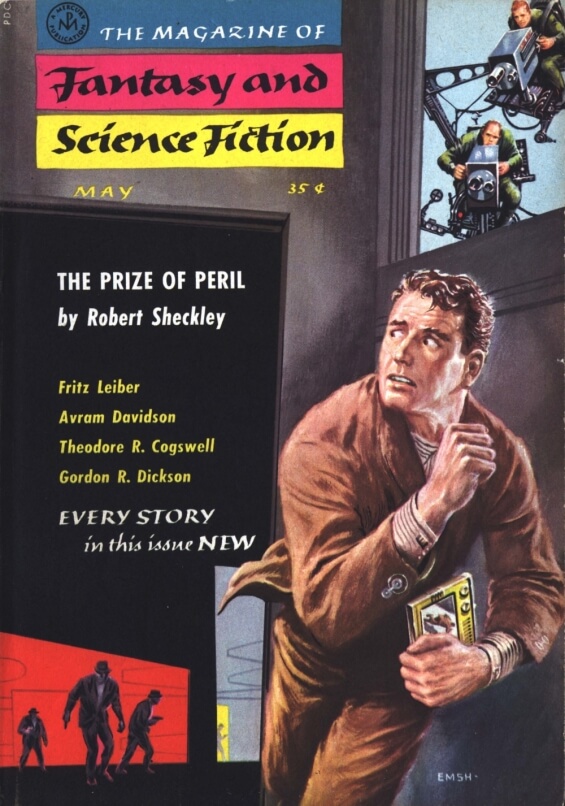
Posted by Jesse Willis


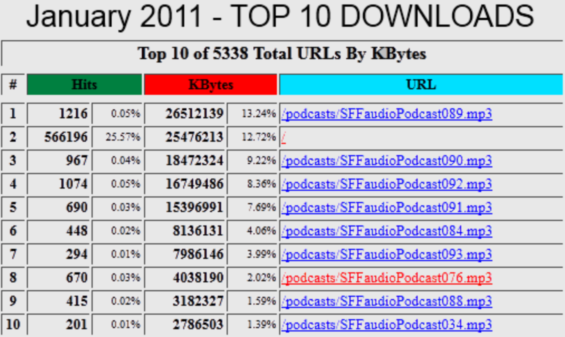
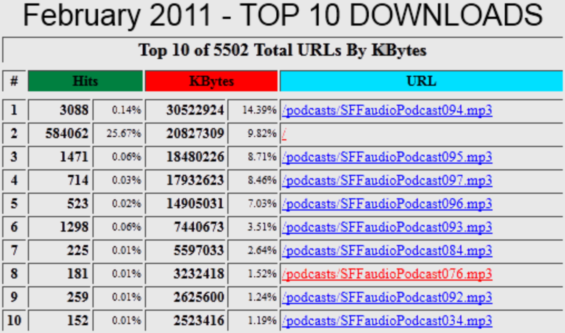
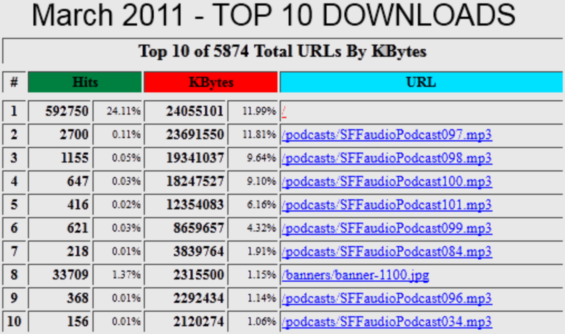
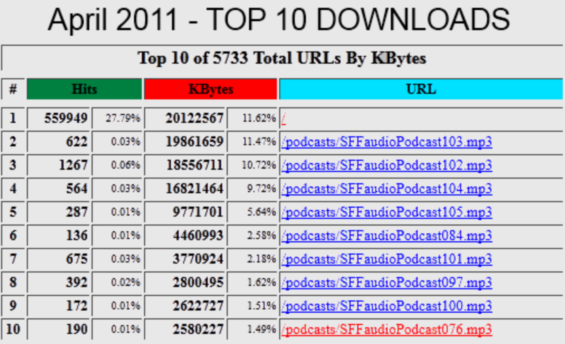
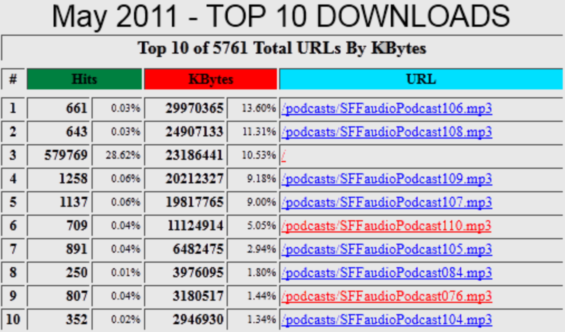
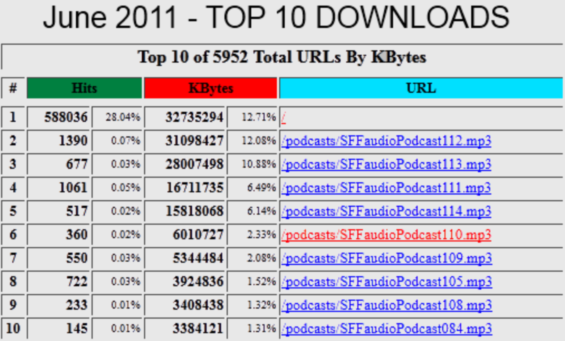
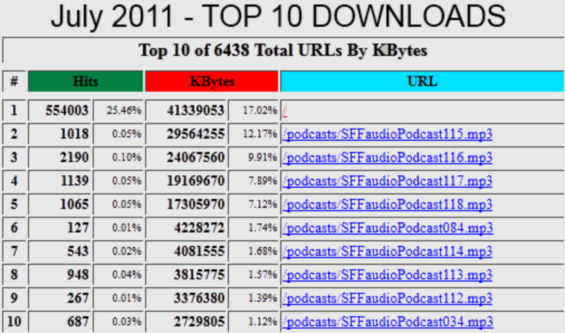



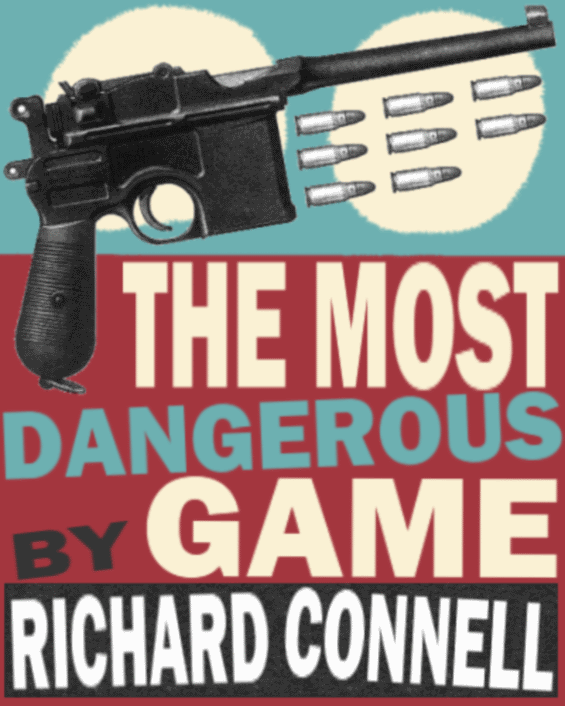
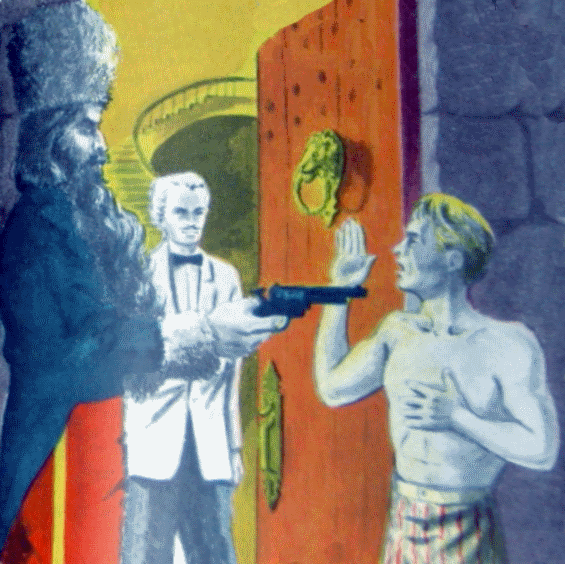
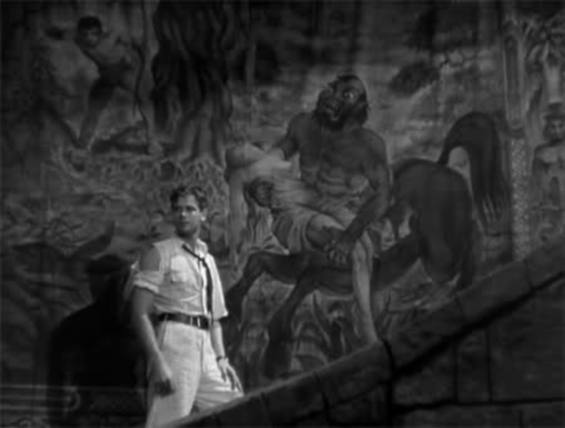
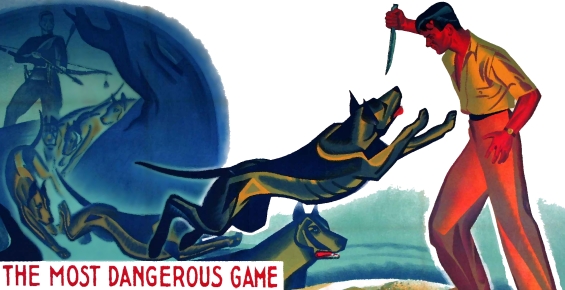
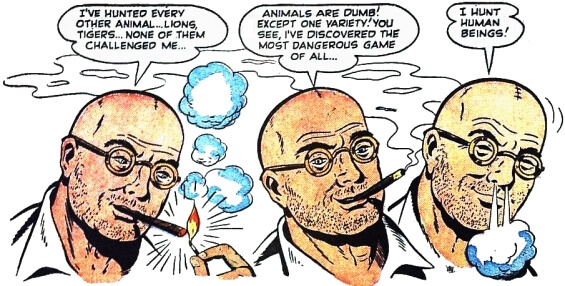
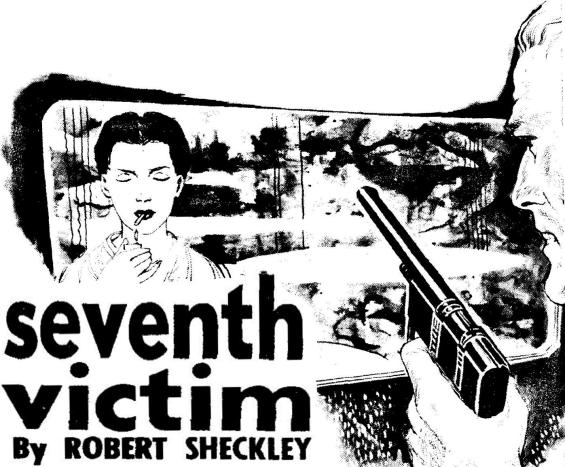 Going in, and liking Robert Sheckley, I was surprised how much I didn’t respond to his most famous short story Seventh Victim. Upon first reading it I didn’t think of it as terrific story. Nor did I think of it as having much in the way of intellectual heft. But, upon reflection, particularly after watching the film adaptation I am coming around a bit. Indeed, plenty of folks, it seems, think of Seventh Victim as an academic story. It’s been used in both introductory psychology and philosophy textbooks. It has been reprinted more than a dozen times in different anthologies or collections. The 1965 film adaptation, called The Tenth Victim (La Decima Vittima), prompted Sheckley to expand the short story into a novel under the same name (which spawned more novel sequels Victim Prime and Hunter / Victim.
Going in, and liking Robert Sheckley, I was surprised how much I didn’t respond to his most famous short story Seventh Victim. Upon first reading it I didn’t think of it as terrific story. Nor did I think of it as having much in the way of intellectual heft. But, upon reflection, particularly after watching the film adaptation I am coming around a bit. Indeed, plenty of folks, it seems, think of Seventh Victim as an academic story. It’s been used in both introductory psychology and philosophy textbooks. It has been reprinted more than a dozen times in different anthologies or collections. The 1965 film adaptation, called The Tenth Victim (La Decima Vittima), prompted Sheckley to expand the short story into a novel under the same name (which spawned more novel sequels Victim Prime and Hunter / Victim. 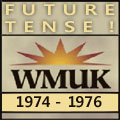 Future Tense – The Seventh Victim
Future Tense – The Seventh Victim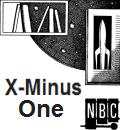 X-Minus One – The Seventh Victim
X-Minus One – The Seventh Victim

